by Canaan Lidor
The "NIW" has given its community a rare and influential voice amid a decline in personal safety and doubts about the future.
AMSTERDAM—In addition to its investigative journalism, the main Jewish publication in the Netherlands stands out for its spectacular covers.
The editorial team at NIW, the Nieuw Israelietisch Weekblad (“New Israelite Weekly”), which was established 160 years ago and is the world’s second-oldest still-running Jewish publication, uses creativity to obtain eye-catching graphics that set the weekly apart from other communal papers with limited budgets.
A recent edition boasted a photo of a mesmerizing Moorish-style ceiling of a train station designed by a Jewish architect. Another was monochromatic, featuring only a graduate cap against the reticulated pattern of a keffiyeh—a jarring reference to intimidation on Dutch campuses.
Recently, however, NIW began concealing its vaunted covers. Shortly after the surge of antisemitism that followed Oct. 7, 2023, the weekly began reaching subscribers sandwiched between blank sheets of paper, for security reasons.
Likely the only Dutch publication receiving this treatment, the NIW’s concealment encapsulates the reality of its intended readership: Members of a proud and prosperous minority that is gradually being stripped of its voice and confidence by the resurgence of antisemitism after the Holocaust.
“I’ve always opposed this move whenever it came up in internal discussions because it’s symbolic: We’re proud Dutch Jews and we don’t want to hide,” Esther Voet, the paper’s longtime editor-in-chief, told JNS in a recent interview in her canal-side home in Amsterdam. But after Oct. 7, “readers were afraid. They told us: ‘I don’t want my neighbors to know that I’m Jewish at this time’,” she added.
Some subscribers to the NIW worried not only about their neighbors, but also the postal carriers, many of whom are Muslim.
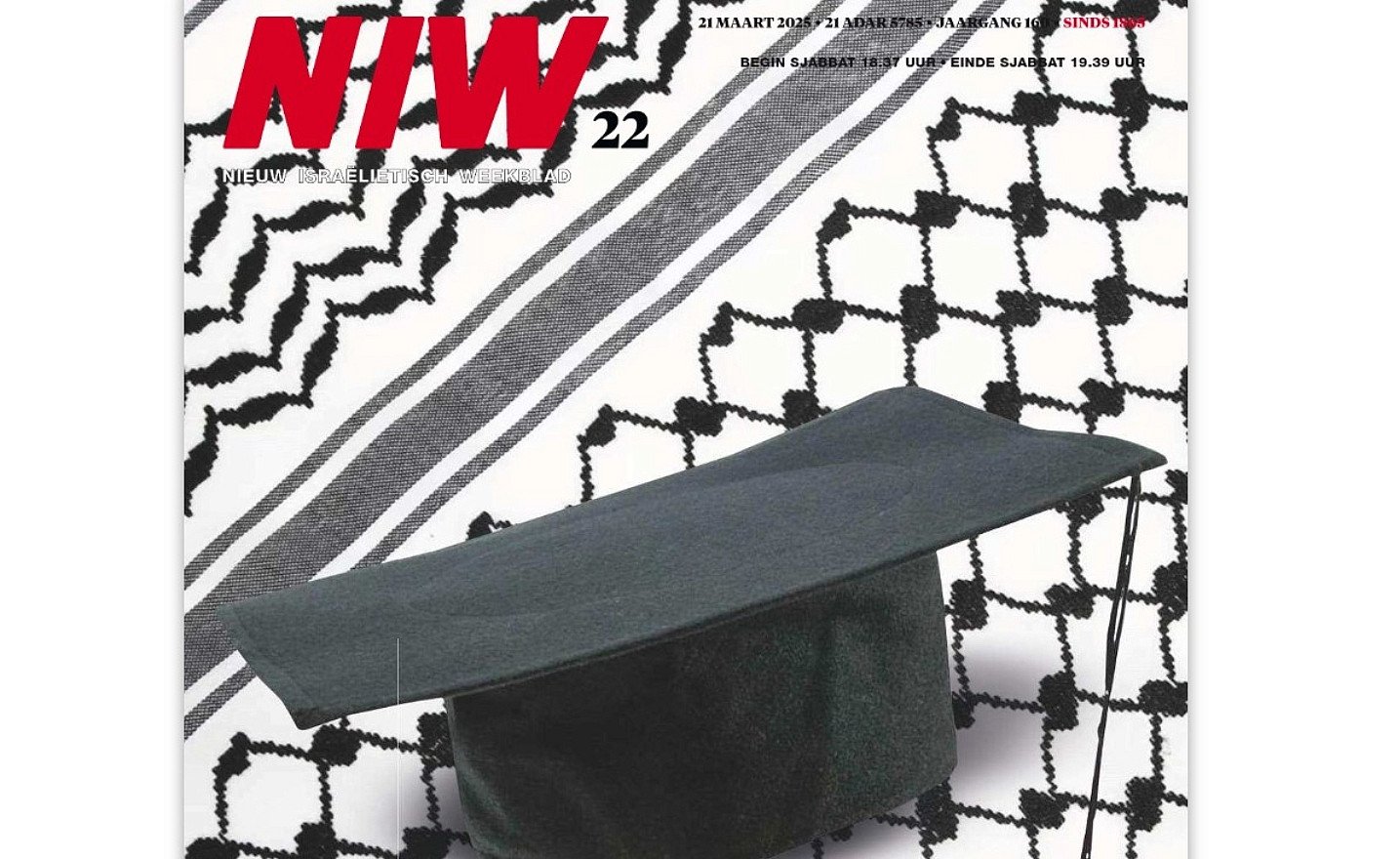
“That’s the reality we live in, and the cover concealment is the least of it,” Voet said.
For years, the NIW news team worked out of an unmarked office, the paper’s name absent from the intercom panel and mailboxes. Security costs added up, eventually tipping the scales in favor of remote work, Voet said.
The switch ended decades of a newsroom environment at NIW: The last time it didn’t have an office was after the Holocaust, which two of the antebellum directors of the NIW survived. They printed the first number after the Holocaust 12 days after liberation.
The Netherlands Journalist Association, the NVJ, has not spoken about the concealment or the security costs. NVJ has vigorously defended journalists against alleged police brutality, and spoke out in 2023 in defense of a Palestinian journalist who was criticized for using jihadist language in his work.
Police opt out
In September, NIW broke a news story that made headlines nationally and internationally, and prompted concern not only about postmen but also police officers. It indicated that officers were opting out of protecting Jewish events and venues citing “moral objections,” likely in reference to Israel. No disciplinary action was taken.
Two months later, on Nov. 7, 2024, dozens of Arab men assaulted Israeli soccer fans returning from a Maccabi Tel Aviv match in Amsterdam, in what NIW and many others have termed the first antisemitic pogrom in the Netherlands since World War II.
The police, which had a thin deployment despite the known potential for violence against hundreds of Israelis, made no arrests during the riots. Fewer than 12 people have been indicted for the violence. Perpetrators coordinated it in advance and real-time on instant messaging platforms that were rife with antisemitic language.
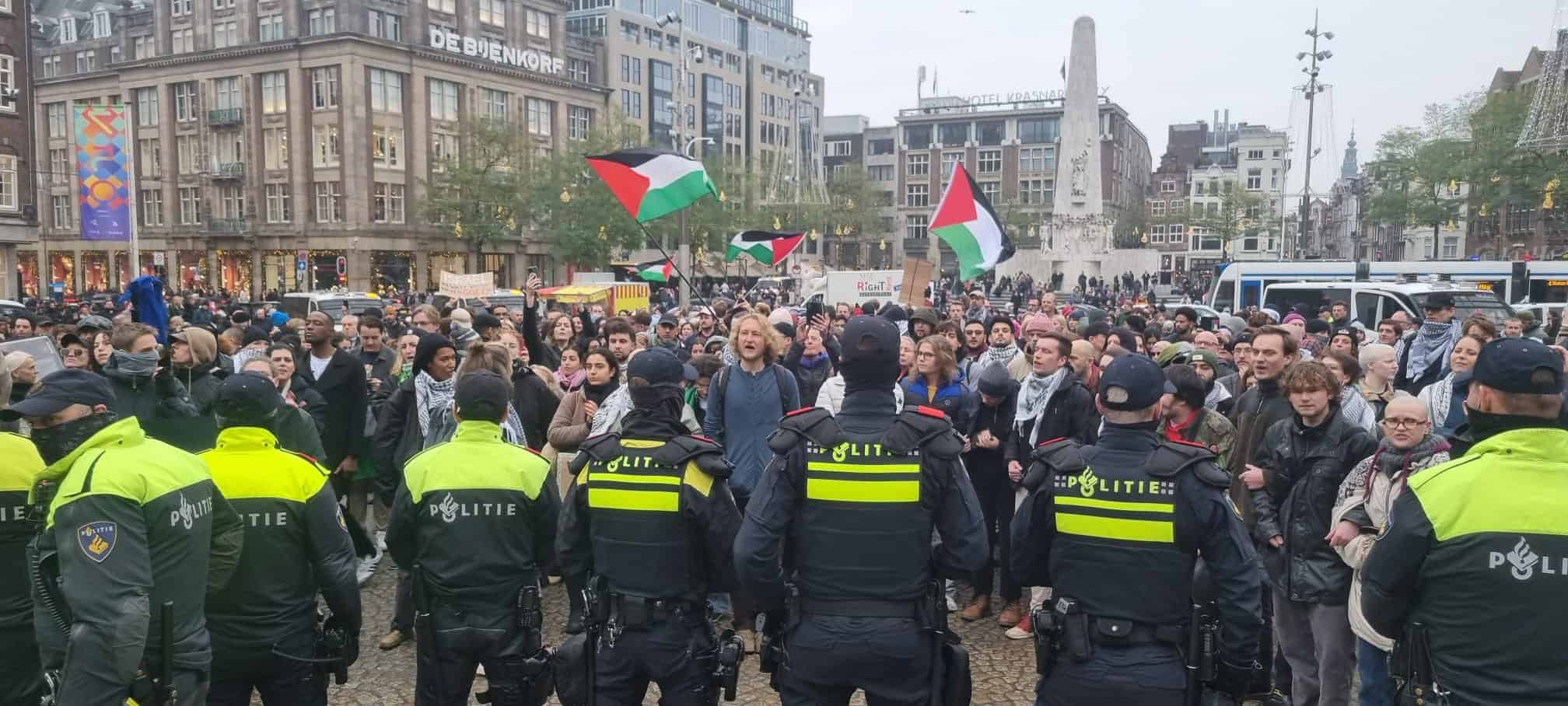
On the night of the pogrom, Voet opened up her centrally located home and turned it into a safehouse for Israelis who were looking for sanctuary. Jewish community volunteers brought them to Voet or directed them to her via WhatsApp messages. Bart Schut, the newspaper’s deputy editor in chief, also brought Israelis in need to Voet’s home.
Not far from her home, which is in the same neighborhood as the Anne Frank House, gangs of Muslims patrolled the streets, some of them pushing victims into the icy canal waters and conducting passport checks that ended in savage beatings of anyone deemed to be Israeli.
“You know, I was always aware that a time like this could come. Any Dutch Jew with any historical awareness must be,” Voet told JNS, referencing how, during WWII, the Nazis and their collaborators murdered at least 75% of Dutch Jewry. “But to actually see the fear in the eyes of Jews hiding in my home, nothing prepares you for that,” she said.
This and other experiences have made Voet “very pessimistic about the future of Jews in Europe. Because, clearly, the silent majority has expressed itself: It has chosen to remain silent,” said Voet, a petite 61-year-old woman who often wields her quick wit in defense of Israel and the Jews on prime-time talk shows.
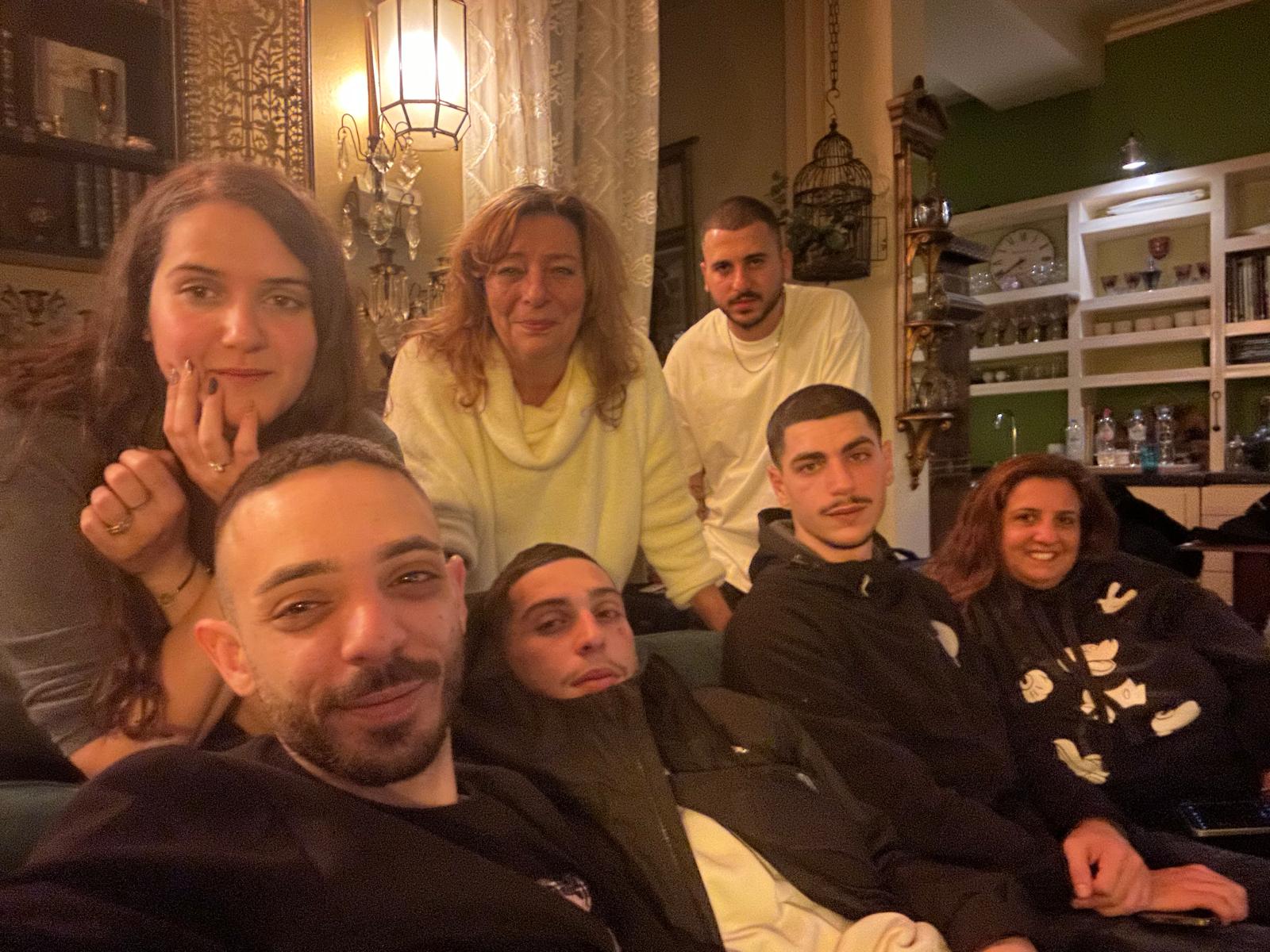
She has devoted much of her life to her work. “This makes it easier for me to stay here and carry on the duty, which I believe NIW is carrying out. But I understand those who leave,” said Voet.
In addition to its income from subscriptions, the NIW has independent funding from a board that distributes Holocaust restitution funds. This means it is independent to pursue Jewish community controversies, including on the kashrut business and the conduct of its leaders.
‘Journalists would rather stay away’
The NIW’s pro-Israel stance, however, limits its attractiveness to many journalists, including Jewish ones, Voet acknowledged. “With a few exceptions, the Dutch media speaks with one negative voice about Israel. The NIW stands almost alone. It inspires us and our readers with a sense of mission, but many journalists would rather stay away,”
Schut regards NIW as “the end station” of his career, he told JNS. A Middle East and Islam analyst who is not Jewish, he assumes that after speaking out in Israel’s favor, he would be unemployable for most Dutch highbrow media.
At NIW, Schut covered violent anti-Israel protests on the ground, exposing the antisemitism on display there, and even how intimidation of Jews is devolving into intimidation of police. He has also covered the war in Israel for NIW alongside Voet, including amid rocket attacks in the Galilee.
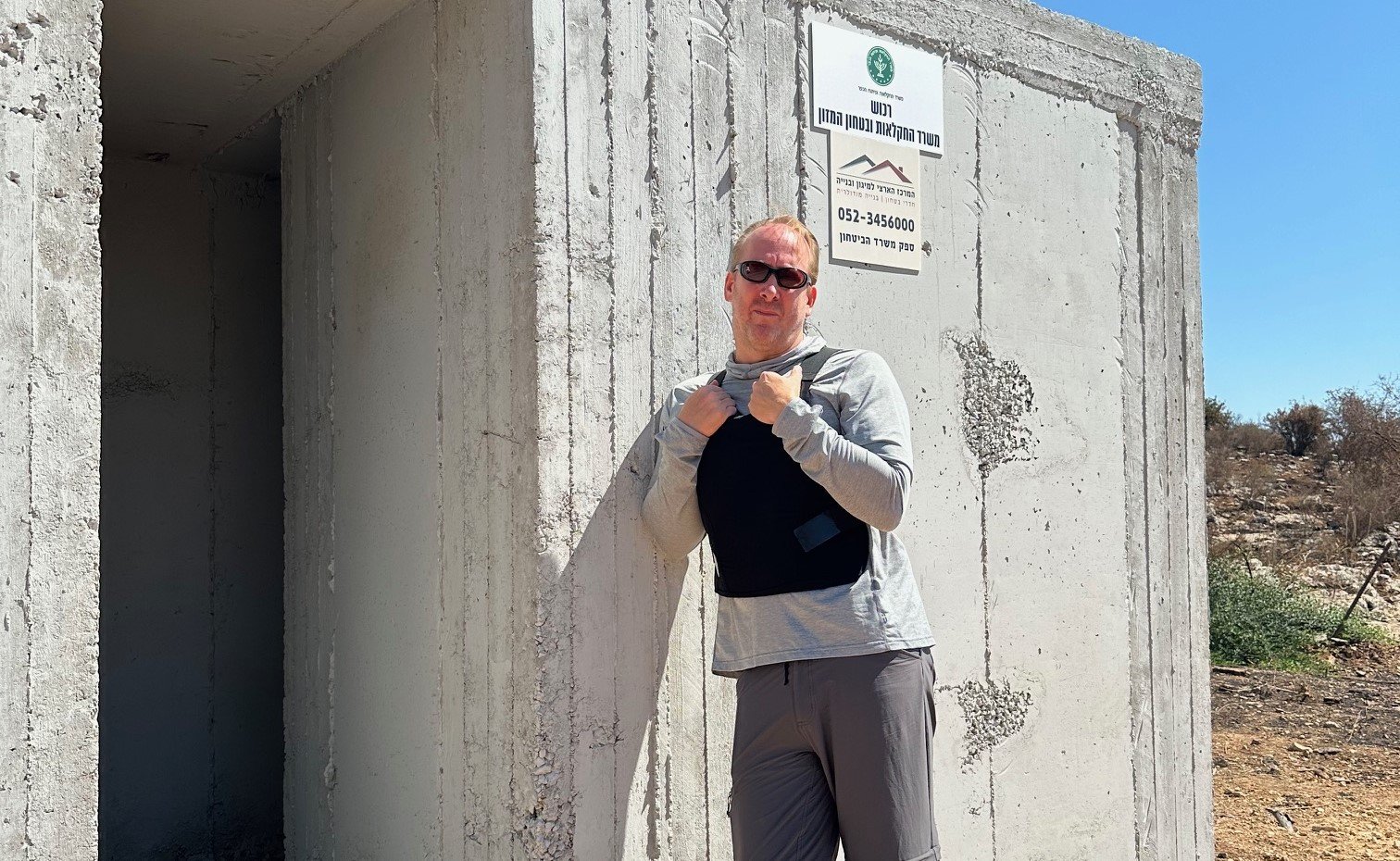
The Hague-based Center for Information and Documentation on Israel, or CIDI, the Jewish community watchdog, documented 421 antisemitic incidents last year, a record tally that surpassed by 11% the previous all-time high, reported in 2023. From 2012 to 2022, the annual average tally of antisemitic incidents documented by CIDI was 138. In the last two years, reports have spiked by 305%.
Following Oct. 7, 2023, a local rabbi, Yanki Jacobs, began offering his community mezuzahs camouflaged as security sensors so that their homes could not be identified as Jewish households.
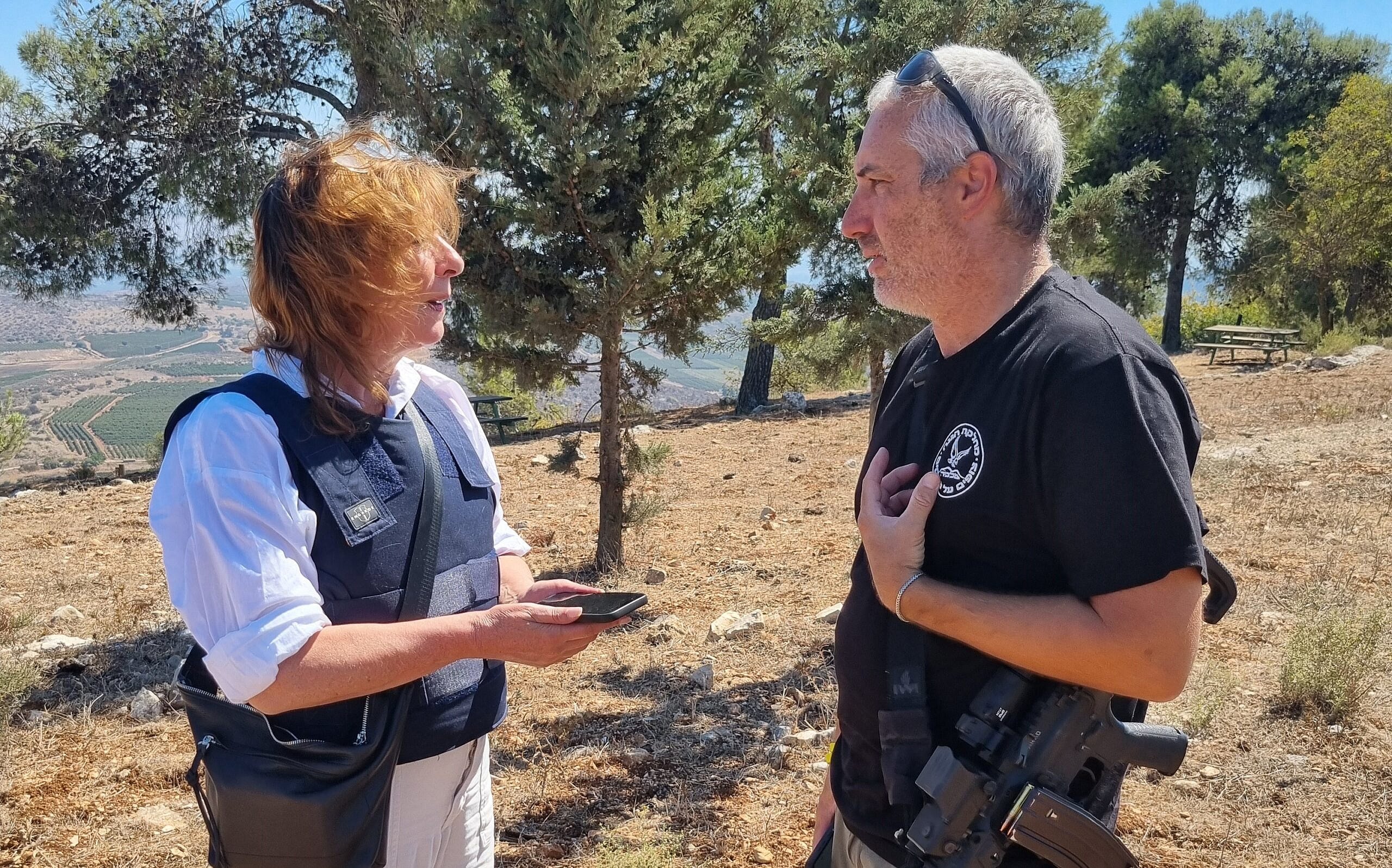
There are also hopeful signs.
A frequent guest on talk shows where she defends Israel and the Jewish community, Voet is often stopped by strangers on the street who express their support, she said.
And following Oct. 7, NIW saw one of the largest increases in subscriptions in recent years. Hundreds of readers signed on at a cost of about $10 a month. Voet says they were mostly non-Jews, many of them doing so to show their solidarity.
Geert Wilders, the leader of the right-wing Party for Freedom, which is the Netherlands’ largest, has expressed unwavering support during Israel’s war against Iranian proxies, including Hamas in Gaza following its invasion into Israel on Oct. 7.
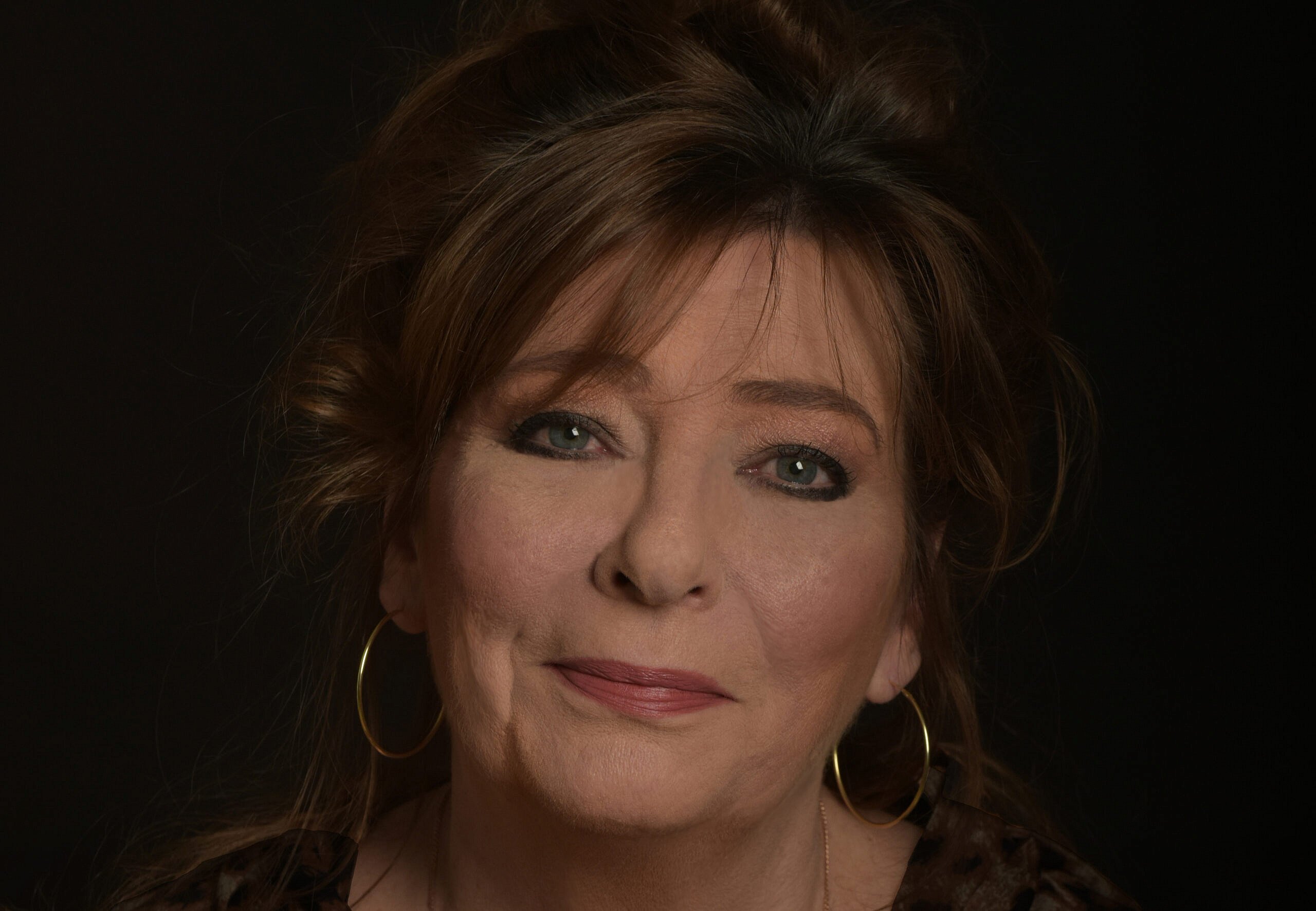
“Dutch Jewry, Dutch society, will survive. The only question is in what form,” Schut said.
Voet added: “Yes, and right now the common form is Submission,” a reference to the 2015 novel by Michel Houellebecq, which envisions the Islamization of French society. “There’s a lot of subjugation, appeasement of intolerant forces.”
Then again, Dutch society “also has a strong tradition of resistance in defense of liberty,” she noted. “We’re following the story as it unfolds.”
Canaan Lidor
Source: https://www.jns.org/in-amsterdam-a-jewish-paper-chronicles-reality-full-of-fear/
No comments:
Post a Comment